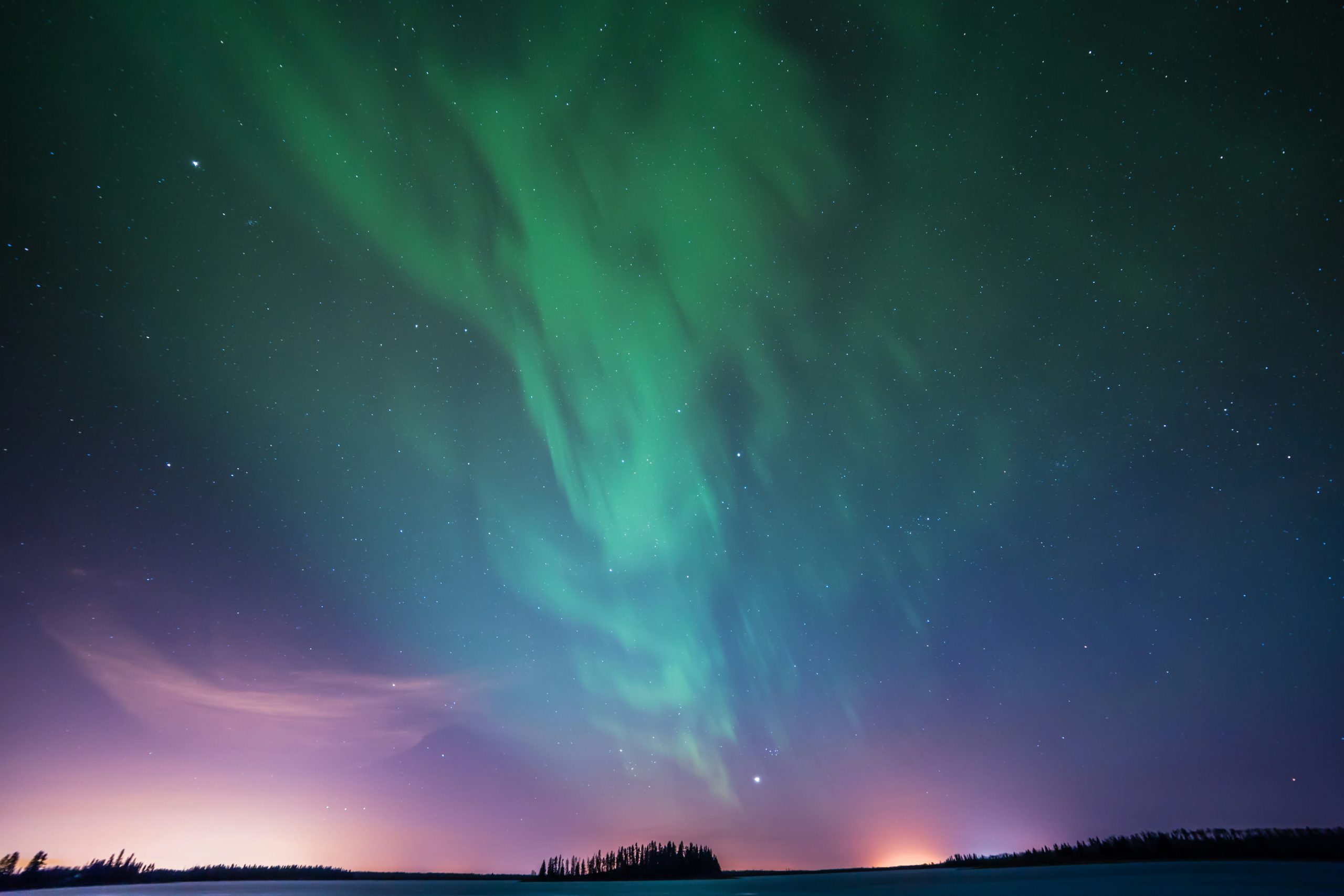Exploring Afterlife Beliefs in African Traditional Religions

Looking for more amazing products? Check out our online store and explore our collection here! Happy shopping!
Before diving in, please note: This post is for informational purposes only. If you’d like to know more about how we approach topics, feel free to check out our friendly Disclaimer Page.
Hey there, amazing readers! 
We’re committed to delivering quality posts, and your support (even just sticking around despite the ads) means everything to us. So, bear with us, and thanks for helping us keep the good vibes rolling. Now, on to the fun stuff!
TRANSLATE BUTTON AT THE END OF THE ARTICLE
Introduction to African Traditional Religions
African Traditional Religions (ATRs) encompass a vast array of spiritual beliefs and practices across the African continent.
These religions are deeply rooted in the traditions, cultures, and histories of various African communities.
ATRs are diverse, with each ethnic group having its unique spiritual system that guides their understanding of the world, the divine, and the afterlife.
These religions often involve the veneration of ancestors, spirits, and deities, as well as the use of rituals and ceremonies to maintain harmony and balance in the universe.
Importance of Afterlife Beliefs
Afterlife beliefs hold significant importance in African Traditional Religions as they shape the way individuals live their lives, make decisions, and interact with the spiritual realm.
The concept of the afterlife provides a sense of continuity between the living and the dead, emphasizing the interconnectedness of all beings.
It also serves as a source of comfort and hope, reassuring individuals that there is existence beyond death and that their ancestors continue to watch over and guide them.
Understanding and honoring the afterlife is crucial for maintaining harmony within the community and upholding cultural traditions.
Concepts of Afterlife in African Traditions
In African Traditional Religions, the afterlife is often viewed as a continuation of the earthly life, where the spirits of the deceased transition to another realm.
The exact nature of the afterlife varies among different ethnic groups, with some believing in reincarnation, while others see it as a journey to join the ancestors in the spirit world.
In many African traditions, the afterlife is seen as a place of peace and rest, where individuals are reunited with their loved ones and ancestors.
The afterlife is also believed to be a realm where justice is served, and individuals are rewarded or punished based on their actions in life.
Different Views on the Afterlife
The concept of the afterlife in African Traditional Religions is not monolithic and varies greatly among different cultures and regions.
Some groups believe in a single afterlife for all individuals, while others have multiple layers or realms in the spirit world.
For instance, the Yoruba people of Nigeria believe in the existence of Orun, a spiritual realm where the ancestors reside, while the Dogon people of Mali have a complex cosmology that includes various levels of existence after death.
These diverse views on the afterlife reflect the rich tapestry of beliefs and traditions within African societies.
Role of Ancestors in Afterlife Beliefs
Ancestors play a central role in afterlife beliefs in African Traditional Religions.
They are revered and honored as intermediaries between the living and the divine realm.
Ancestors are believed to watch over their descendants, offer guidance, and protect them from harm.
In many African cultures, ancestors are consulted through divination and rituals to seek their blessings and wisdom.
The veneration of ancestors is a way of maintaining a connection with the past and ensuring the continuity of the family lineage.
Ancestors are seen as a source of strength and spiritual support for the living.
Rituals and Ceremonies for the Deceased
Rituals and ceremonies for the deceased are an integral part of African Traditional Religions.
These rituals are designed to honor the deceased, facilitate their transition to the afterlife, and appease their spirits.
Funeral rites, burial ceremonies, and memorial services are common practices across various African cultures.
These rituals often involve offerings of food, drink, and other items to the deceased, as well as prayers, songs, and dances to commemorate their life and ensure a peaceful journey to the spirit world.
The elaborate nature of these rituals reflects the importance of maintaining a strong connection with the ancestors.
Connection Between the Living and the Dead
In African Traditional Religions, the connection between the living and the dead is believed to be strong and continuous.
The living are encouraged to maintain a relationship with their ancestors through prayers, offerings, and rituals.
It is believed that the ancestors can influence the affairs of the living and provide guidance and protection.
Communication with the deceased is often facilitated through mediums or spiritual leaders who can channel the messages of the ancestors.
This close relationship between the living and the dead reinforces the idea of a shared spiritual community that transcends the boundaries of life and death.
Impact of Afterlife Beliefs on Daily Life
Afterlife beliefs have a profound impact on the daily lives of individuals in African Traditional Religions.
These beliefs shape moral values, social norms, and ethical behavior within the community.
The fear of ancestral spirits and the consequences of one’s actions in the afterlife serve as a deterrent against wrongdoing.
The belief in the continuity of life after death provides individuals with a sense of purpose and responsibility towards their ancestors and future generations.
This awareness of the afterlife influences decision-making, relationships, and overall conduct in everyday life.
Diversity of Afterlife Beliefs in Africa
The diversity of afterlife beliefs in Africa reflects the continent’s rich cultural heritage and the complexity of its spiritual traditions.
Each ethnic group has its unique interpretation of the afterlife, influenced by its history, environment, and interactions with neighboring societies.
Some African cultures believe in a cyclical view of life and death, where individuals are reborn into new bodies, while others emphasize the existence of separate realms for the living and the dead.
This diversity of beliefs adds depth and richness to the tapestry of African spirituality, highlighting the interconnectedness of different cultures and worldviews.
Influence of Colonialism on Afterlife Beliefs
The impact of colonialism on afterlife beliefs in Africa has been profound, with the introduction of Christianity and Islam leading to significant changes in traditional spiritual practices.
Colonial powers often sought to eradicate or suppress indigenous religions, viewing them as pagan or primitive.
This forced conversion to foreign religions disrupted the continuity of afterlife beliefs and rituals, causing a loss of cultural heritage and spiritual identity among many African communities.
Despite these challenges, some aspects of African Traditional Religions, including afterlife beliefs, have persisted and adapted to the changing social and political landscapes.
Comparisons with Western Views on Afterlife
The afterlife beliefs in African Traditional Religions differ significantly from Western views on the subject.
While Western religions often depict the afterlife as a binary realm of heaven and hell, African traditions offer a more nuanced and multifaceted understanding of the spirit world.
African afterlife beliefs emphasize the interconnectedness of all beings, the importance of ancestors, and the cyclical nature of existence.
Additionally, African traditions tend to focus on communal well-being and ancestral veneration, whereas Western views often prioritize individual salvation and divine judgment.
These differing perspectives highlight the cultural diversity and richness of spiritual beliefs around the world.
Contemporary Perspectives on Afterlife Beliefs in Africa
In contemporary Africa, afterlife beliefs continue to play a significant role in shaping religious practices, cultural traditions, and community identities.
Despite the influence of globalization and modernization, many Africans hold onto their traditional spiritual beliefs and rituals, finding meaning and solace in the teachings of their ancestors.
There is a growing interest in reviving and preserving indigenous religions, including afterlife beliefs, as a way of reclaiming cultural heritage and promoting cultural diversity.
The resurgence of African Traditional Religions reflects a broader movement towards decolonizing spirituality and embracing the unique wisdom of indigenous worldviews.
Conclusion
Exploring afterlife beliefs in African Traditional Religions reveals a complex and multifaceted understanding of the spirit world.
These beliefs are deeply intertwined with cultural practices, social norms, and spiritual values, shaping the way individuals perceive life, death, and the divine.
The diverse views on the afterlife across different African cultures reflect the richness and diversity of the continent’s spiritual traditions.
Despite the challenges posed by colonialism and modernization, afterlife beliefs in Africa continue to endure and evolve, providing a source of comfort, guidance, and connection with the spiritual realm.
Embracing the complexities of afterlife beliefs in African Traditional Religions offers a glimpse into the profound spiritual heritage of the continent.

The Enlightenment Journey is a remarkable collection of writings authored by a distinguished group of experts in the fields of spirituality, new age, and esoteric knowledge.
This anthology features a diverse assembly of well-experienced authors who bring their profound insights and credible perspectives to the forefront.
Each contributor possesses a wealth of knowledge and wisdom, making them authorities in their respective domains.
Together, they offer readers a transformative journey into the realms of spiritual growth, self-discovery, and esoteric enlightenment.
The Enlightenment Journey is a testament to the collective expertise of these luminaries, providing readers with a rich tapestry of ideas and information to illuminate their spiritual path.
Our Diverse Expertise
While our primary focus is on spirituality and esotericism, we are equally passionate about exploring a wide range of other topics and niches 

To ensure we provide the most accurate and valuable insights, we collaborate with trusted experts in their respective domains 
Our blog originally focused on spirituality and metaphysics, but we’ve since expanded to cover a wide range of niches. Don’t worry—we continue to publish a lot of articles on spirituality! Frequently visit our blog to explore our diverse content and stay tuned for more insightful reads.
Hey there, amazing reader! 
Check out our store here and take a peek at some of our featured products below! Thanks for being awesome!










